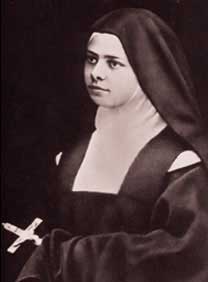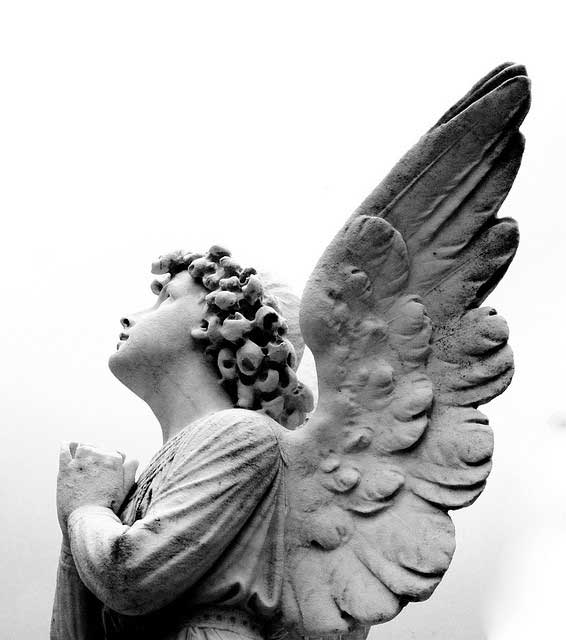Podcast: Play in new window | Download (Duration: 28:35 — 19.7MB) | Embed
Subscribe: Apple Podcasts | Spotify | Amazon Music | Android | Pandora | iHeartRadio | JioSaavn | Podchaser | Gaana | Podcast Index | Email | TuneIn | Deezer | Anghami | RSS | More

Mystical Experience and Consoling Prayer – The Way of Mystery with Deacon James Keating
Deacon James Keating explains how God draws the heart toward himself through ordinary prayer and through growth out of serious sin. He describes “consoling prayer,” the simple joy and peace one begins to notice when turning to God—often after the hard early work of conversion, repentance, and regular prayer. Over time, prayer becomes something we desire rather than an obligation, and affection for God gently replaces past attachments to sin. God can unexpectedly visit us during ordinary moments of the day, stirring love for him outside of set prayer times. These moments are like spontaneous interior invitations that deepen closeness with Christ.
He also speaks of union through the sacraments—especially the Eucharist—where Christ is truly present even when affection is absent. Acting according to a well-formed conscience is itself another real union with Christ, because choosing the good unites us to the One who is Truth, even when doing so brings difficulty or misunderstanding in the culture. Ongoing purification, participation in parish life, and concrete practices such as confession, spiritual direction, works of mercy, and friendships rooted in Christ gradually reorder the heart. Conversion is a continual turning toward Christ in the Eucharist, letting him heal attachments to sin and make us new.
Discerning Hearts Reflection Questions
- When have I experienced prayer as something I genuinely look forward to rather than a duty?
- In what areas of my life do I still seek comfort from old habits instead of turning to Christ?
- How open am I to unexpected moments of prayer during my ordinary day?
- What keeps me from approaching the Eucharist with a heart ready for inner change?
- When choosing the good becomes costly, how do I remain faithful to conscience?
- Which practices in my parish are truly helping my heart turn toward Christ?
- What specific attachment to sin do I need to surrender to the Lord right now?
Deacon James Keating, Ph.D., is a professor of Spiritual Theology and serves as a spiritual director at Kenrick Glennon Seminary in St. Louis, MO.


 “Holy Trinity, Whom I Adore” a prayer of St. Elizabeth of the Trinity (translated by Dr. Anthony Lilles and offered by Miriam Gutierrez)
“Holy Trinity, Whom I Adore” a prayer of St. Elizabeth of the Trinity (translated by Dr. Anthony Lilles and offered by Miriam Gutierrez)


